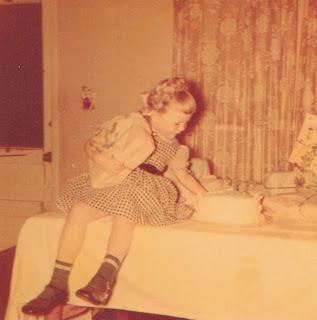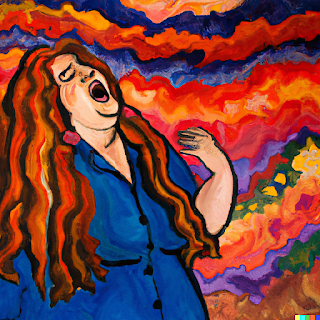The Trash Can of L.A. (A Reality Play)
 |
| The Trash Can of L.A. (A Reality Play) _____________________________________ |
TILLY
ZEACE, a homeless woman, has been approached by OSCAR FISHBEIN, a washed-up
screenwriter, to participate in the first segment of TONY THORNTON’s new
“reality-based” TV show.
STREET
SHOCK, a Unicorn Studio Production, would feature each week a different segment
of the underclass. For the first episode, TONY wishes to feature TILLY and
other street people in a segment about the homeless; he and a videographer,
armed with a hand-held camera, would follow TILLY around as she does what
homeless people supposedly do.
TILLY
is drawn to this project because she believes that the American public has a
skewed view of street life, and she wishes to present another point of view.
However, while TONY wants the final product to “feel real” to his audience, he
also wants the segment to have a plot, so the studio has hired OSCAR to write
up a script, one filled with stereotypes about street people and depicting
TILLY as a shabby alcoholic and drug addict who has no choice about her
circumstances. However, as OSCAR gets to know TILLY better, he slowly sheds
these preconceived notions.
For
a time, it seems as though TILLY will be able to present the “real Tilly as
street person” to the American public, but a complication presents itself: the
DIVINE MS. ALTA UNIVERSE, a “New-Age” guru and the new owner of Unicorn
Studios, adds her own agenda to the script; she insists on adding a scene in
which TILLY converts to a new-age Christianity and abandons her “evil” life.
Adding to this mix, TILLY, in a monologue, reveals that she is not exactly what
she appears to be.
In
the middle of this muddle, GINGER, a shallow young woman harboring her own
secret, shows up on the set and complicates everyone’s life even more,
especially TONY’s.
TILLY
soon discovers that reality-based TV has its own set of rules, so she must
decide whether she wants to play by those rules or retain her unfettered way of
life.
But
then a dramatic change occurs, affecting each major character in some
significant way; even so, this STREET SHOCK episode has limped along through
production and is now ready for its debut.
What
happens when STREET SHOCK is finally shown to a live audience? Will theatre
goers get a genuine glimpse into the life of a homeless woman? What overall
commentary does this play impart about American culture and entertainment?
Throughout
the play, these questions are addressed, some implicitly and some answered in the
“The Wrap.”
For
the overall societal implications for our culture, each reader/ playgoer must
arrive at his or her own conclusions.








Comments